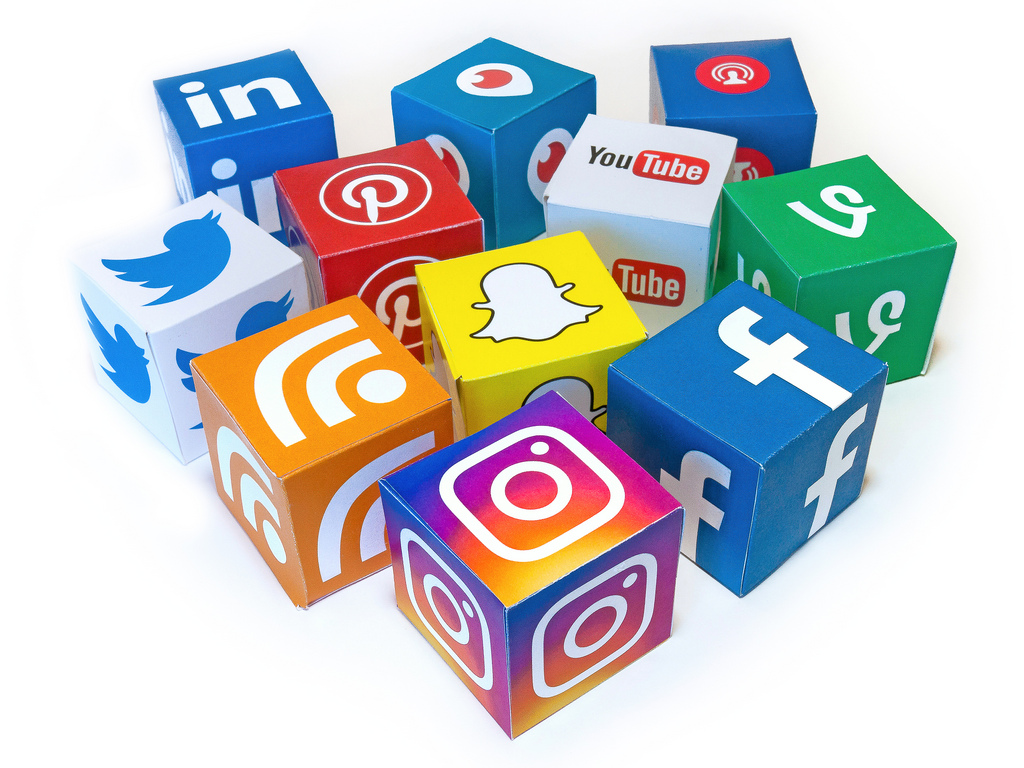Photo Courtesy of Creative Commons
GENAVIEVE SMITH | OPINION COLUMNIST | gmsmith@butler.edu
As a semester ended and college students anticipated their final grades from professors, Facebook and Instagram were bombarded with news of everyone’s GPA.
For the sake of us all, stop posting your GPA on social media — or tell your oversharing parents to hold back on that end-of-the-semester Facebook status.
We — college-age students and young adults in particular — live in an internet-driven culture of comparison and self-deprecation. Social media users are constantly and mindlessly absorbing information and idealized images that suggest to users they aren’t good enough — that they aren’t attractive enough, stylish enough, successful enough, healthy enough, smart enough — you get the idea. These images brainwash media consumers to feel like anything less than perfect is failure.
Whether we are aware of it or not, this places our mental health in a vulnerable position. Even though no one is making us participate in social media and internet use, we are constantly force-fed ideas and images of perfection when we log into any social media platform.
This sentiment may seem unnecessarily sensitive to a trend that could be ignored. But for many people, the brand-filled and image-obsessed nature of the internet creates a subconscious, yet omnipresent, drive to be perfect.
This creates the pressure to be a certain way and to meet certain standards, and by posting your GPA online, you contribute to the informal social standards of the internet. By both praising yourself and expecting praise for your GPA or final grades, you’re indicating to the world that you are superior, even if that’s not your intention.
The hierarchical grading system of the American education system creates this relationship between grades and self-esteem. When it comes to applying for college, your high school GPA determines your value as a student both monetarily and socially.
Your high school grades translate to scholarship money, often determining where you will attend college and how much you will pay for it. Depending on what school you end up at, you will develop some type of social status, possibly for being at a “good school,” directly tying your value as a person to the GPA that got you there. If your school is known for its prestige, you may feel even more pressure to live up to high expectations.
For many students, grades are linked to one’s self-worth. The better your grades, the better you are as a person. In the end, your GPA is what seems to matter, or at least that’s what we’re taught matters throughout our schooling.
Maeve Murphy, a sophomore elementary education major emphasized the frustrating and tense relationship that students’ GPAs and self-worth share.
“Your grades are defining,” Murphy said. “To people that don’t know you, it is a defining number, a defining factor.”
That is precisely why some are driven to post their GPA on their Instagram story or as a Facebook status. The better the GPA, the better you look to the internet community of comparers. There’s nothing wrong with wanting to look good. We all do it, but there’s something about posting your GPA on your story that comes off as inconsiderate.
Social media is nothing more than a platform for personal branding, and intelligence can be important to one’s personal brand. Often times, though, the personal brands seen on social media are contrived and insincere.
“There’s a certain time and place,” Murphy said. “It’s good to be proud of your grades, but don’t just brag about them.”
The pressure of finals week and impending due dates can be overwhelming. Some students get through with minimal stress, but others can experience intense anxiety and fear of failure, something the American education system has conditioned its students to feel. So, when the semester is over, some people don’t want a reminder of those feelings, whether they did well or not.
Furthermore, not everyone is in the position to achieve the Instagrammable grades they desire. Some students have to work to support themselves through college or have other obligations outside of school that can make it more difficult to dedicate time to studying and homework. Frankly, not everyone has the privilege to do as well as they would like to in their classes.
College is difficult, so you should be proud of yourself if you work hard and do well, but you don’t always need digital affirmation. Next time, consider what you’re really putting out into the internet void. Is it really benefiting anyone, or is it just contributing to the endless cycle of social media comparison and envy?



